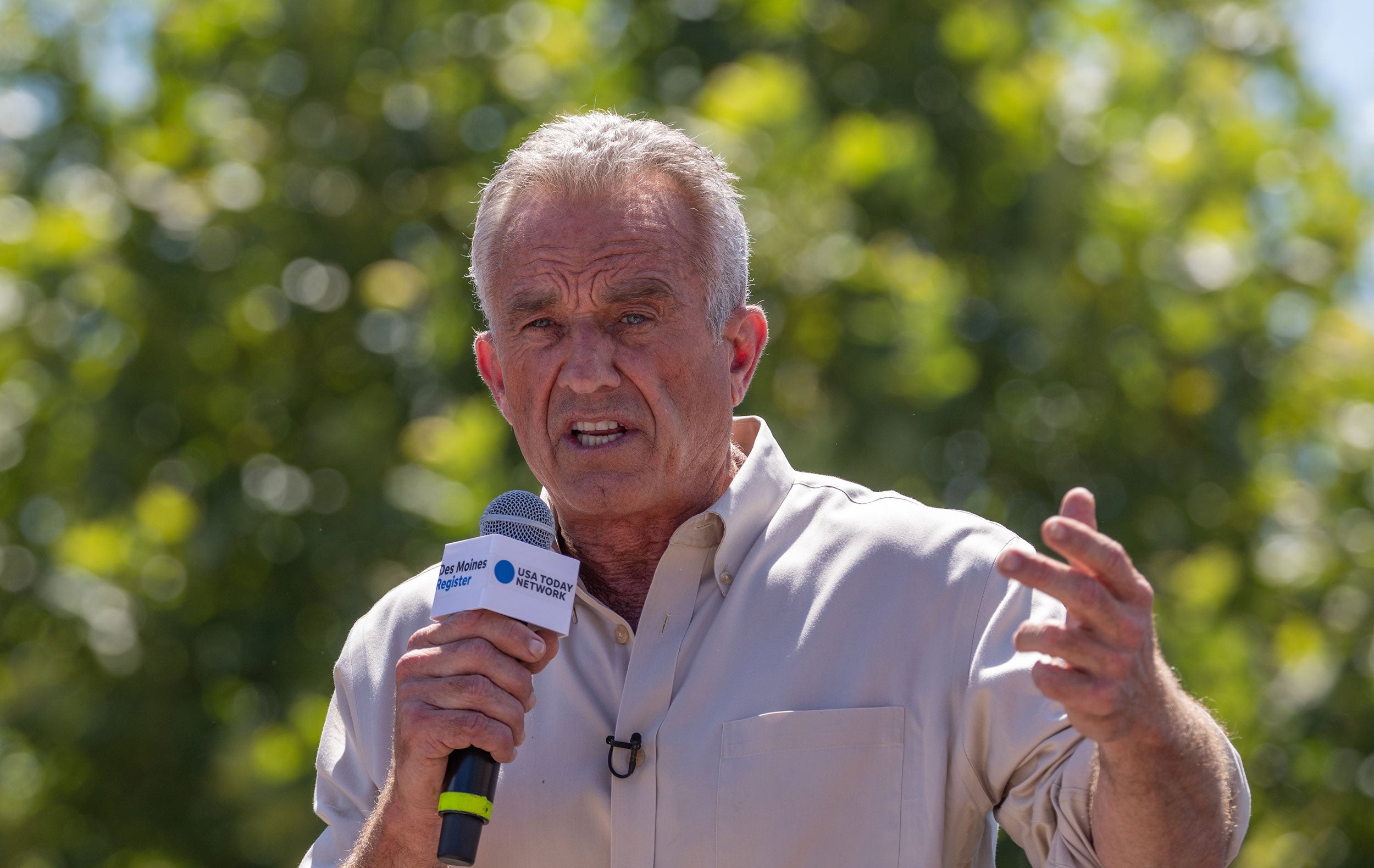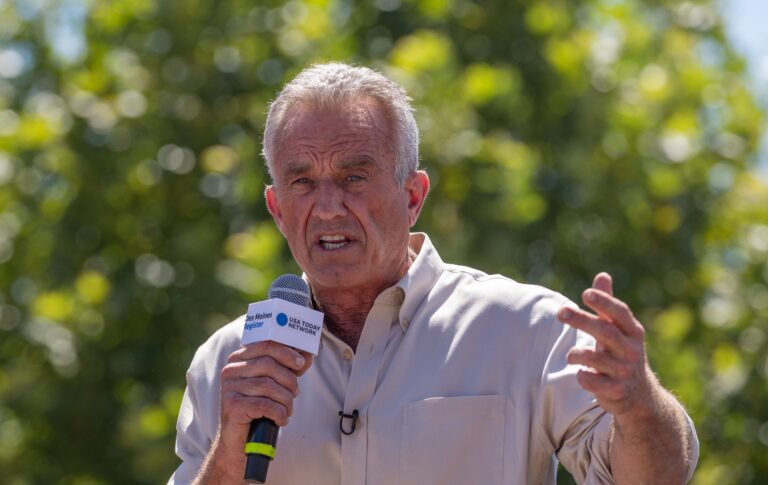So it begins. This week Health and Human Services Secretary Robert F. Kennedy Jr. launched a sweeping initiative to investigate potential links between environmental toxins — such as pesticides, food additives, and mold — and chronic conditions such as autism.
In a speech he delivered in Indiana, Kennedy announced he’ll find the “cause” of autism by September (that alone contradicts the scientific process — you’re supposed to start with a hypothesis, not a conclusion). Yet this aggressive approach is unsurprising as Kennedy has long blamed these “toxins” for a whole host of health issues, despite no evidence to support his claims.
But here’s the catch: Many of these questions have already been asked — and answered. Scientists have conducted extensive research on these very substances, including epidemiological studies, toxicological reviews, and regulatory assessments. The Federal Insecticide, Fungicide, and Rodenticide Act requires a time-consuming and costly review of pesticides before they can be released for commercial use, and it mandates regular and routine assessments to ensure continuing safety. The regulatory scheme is no joke. On average, it takes over 11 years for a new pesticide’s active ingredient to progress from discovery to market launch, and it costs around $286 million.
While no system is perfect, these studies have been peer-reviewed, replicated, and in many cases, used to shape public health policy. But Kennedy’s announcement sure sounds like he wants to cover old ground, despite the fact that he can’t point to any methodological flaws in the scientific studies we already have. And he has no evidence that any of his boogeymen are linked to chronic illness (Kennedy didn’t mention vaccines in his speech, but he did refer to “medicines”).
Meanwhile, Elon Musk’s Department of Government Efficiency is tearing through the federal government without mercy. DOGE is supposed to represent a mindset of streamlined work, doing more with less, and avoiding redundant efforts. If ever there were a clash of philosophies, this is it: a health department digging up old science and debunked myths, and a government efficiency initiative that would probably stamp it out before the grant paperwork was even filed.

Kennedy’s gripe is that past studies on environmental factors can’t be trusted because they were funded, in part, by industry. That’s a serious charge — and one that deserves scrutiny — but it can’t be a stand-in for scientific critique. If there’s an actual problem with the research, point to the flaw. Show where the data was manipulated. Challenge the methodology. That’s how science works.
But that’s not what’s happening here.
Instead, Kennedy is waving off an entire body of research based on who compensated the scientists, not what the research found or how it was conducted. It’s a clever move because it allows him to cast doubt without doing the hard work of disproving anything. It’s a tactic that plays well with populist distrust in institutions, but it falls apart under scientific standards.
It also reveals Kennedy’s hypocrisy. In late 2024, before his confirmation to HHS, Kennedy criticized the Food and Drug Administration for its “aggressive suppression” of various health products, including vitamins and nutraceuticals. Supplements are often unregulated and untested. But when studies (of dubious reliability) are conducted, it’s mostly industry funded. Apparently Kennedy only has a problem with industry-funded research when the industry doesn’t align with his views.
Yes, industry funding deserves transparency. Yes, conflicts of interest should be disclosed. But those concerns are already baked into the scientific process. Disclosure rules exist. Peer review exists. Replication exists. And importantly, the burden of proof is on Kennedy to show that specific findings were wrong — not just that he doesn’t like who paid for them.
Otherwise, we’re not doing science — we’re just relitigating conclusions because someone didn’t like the answer the first time. That’s a tactic Kennedy is very familiar with.


If Kennedy had his way, taxpayers would foot the bill to reopen every major health and safety review done in the last 50 years. We’d toss out data from the EPA, USDA, FDA, and CDC — not because the science is wrong, but because Kennedy doesn’t like the backers. He would create an organic utopia where only supplement hawkers can fully understand the truth. That’s not precaution; that’s paranoia.
You don’t throw out a solid study because it had industry funding any more than you throw out a bridge design because it was sponsored by an engineering firm. If the data checks out and the method is sound, you move forward. That’s how public health advances — not by spinning its wheels every time some radical activist claims “bias.”
Kennedy’s focus is dragging us backwards. We don’t need to study whether vaccines (or whatever he means by “medicines”) cause autism; we know very well that they don’t. Why the heck are we wasting time, money and resources on such an inquiry? There is no shortage of real, current public health challenges that need a unified, intentional focus.
Kennedy and Musk’s visions aren’t compatible. And you don’t have to like either of them or their methods to recognize that fact. Maybe the best we can hope is that these two will duke it out between them.
Amanda Zaluckyj blogs under the name The Farmer’s Daughter USA. Her goal is to promote farmers and tackle the misinformation swirling around the U.S. food industry.


:max_bytes(150000):strip_icc()/52453714825_42f18b1b38_o-3902bcb52b394d4a9c447b61ae552053.jpg)
:max_bytes(150000):strip_icc()/Green-wheat-farm-clouds-blue-af518f63f73541dfbcbc1837727e2068.jpeg)
:max_bytes(150000):strip_icc()/51040382571_e6791ae671_o-2000-52912d7b728646c0b32c38ee0690db60.jpg)








